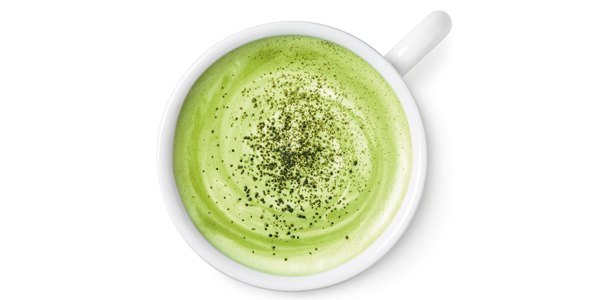Potential health benefits of matcha
Much ado about matcha
Matcha powder, made from ground green tea leaves, has become trendy in recent years. Its slightly sweet taste is featured in teas, lattes, smoothies and desserts. However, its powers have been known in Japan for thousands of years.
Because you are consuming the entire tea leaf, matcha is packed with nutrients. It contains more antioxidants than other green teas and a highly beneficial plant compound called epigallocatechin gallate (EGCG). As a result, matcha may help support:
-

Heart and liver health
-

Weight loss
-

Brain function
-

Cancer prevention
-

Protection against cell damage
-

Lower risk of chronic disease
Like other green teas, matcha is full of antioxidants that are good for your oral health. That’s because it’s highly effective in killing bacteria, likely reducing the risk for cavities, gum disease and bad breath.
The effects of caffeine
Matcha contains more caffeine than other green teas but less than coffee or black tea. This not only helps the brain function, but matcha also contains an amino acid called L-theanine, which helps you avoid the jitters and energy crash you can experience after consuming caffeine. However, if you drink too much caffeine, it can cause headaches, diarrhea, difficulty sleeping and irritability.
Our verdict
When you compare the many health benefits to the minor side effects, it's likely matcha could be a good addition to your diet. Check with your physician and dentist before adding it to your routine to make sure it's best for you. If you do purchase a product containing matcha, make sure it’s not full of added sugar. You may also want to limit your consumption to mornings, as the caffeine may disrupt your sleep. Read our article to see more about sleep issues.







